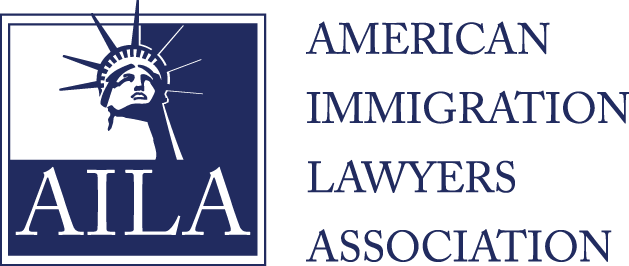| Event Date: 02/22/2023 Recording Available 7-14 Days After Event Date |
||
|---|---|---|
| Format | Length | CLE Eligible |
| Video Roundtable | 60 min. | No |
One of our biggest challenges as immigration attorneys is dealing with difficult opposing counsel. Since EOIR cannot sanction DHS attorneys, how do we address ICE attorney malfeasance to advocate for the best outcomes for our clients? In this panel, AILA members will discuss creative and varied ways to address opposing counsel misconduct with a specific focus on ICE OPLA.
Topics include:
- Share common (and extreme) experiences of OPLA and other opposing counsel malfeasance
- Explain how to use administrative and state bar complaints to address malfeasance
- Discuss how attorneys can incorporate opposing counsel malfeasance into their legal argument and strategy to achieve the best outcome for the client
- Hear from members about their own experiences addressing ICE OPLA malfeasance
AILA University Video Roundtables are free interactive learning opportunities where AILA members come together from across the country and world to discuss hot topics and network with colleagues in the field. Video roundtables are part of AILA University programming, and each session is hosted by faculty selected for their expertise. This roundtable is available only to AILA members and is not CLE eligible. The free recording will be available 7-10 business days following the live event.
Kathleen Kersh, Federal Court Litigation Section Steering Committee Vice Chair, Dayton, OH
Thomas K. Ragland, Federal Court Litigation Section Steering Committee, Washington, D.C.
Charles Roth, Federal Court Litigation Section Steering Committee, Chicago, IL
Christopher P. Elmore, Chicago, IL
